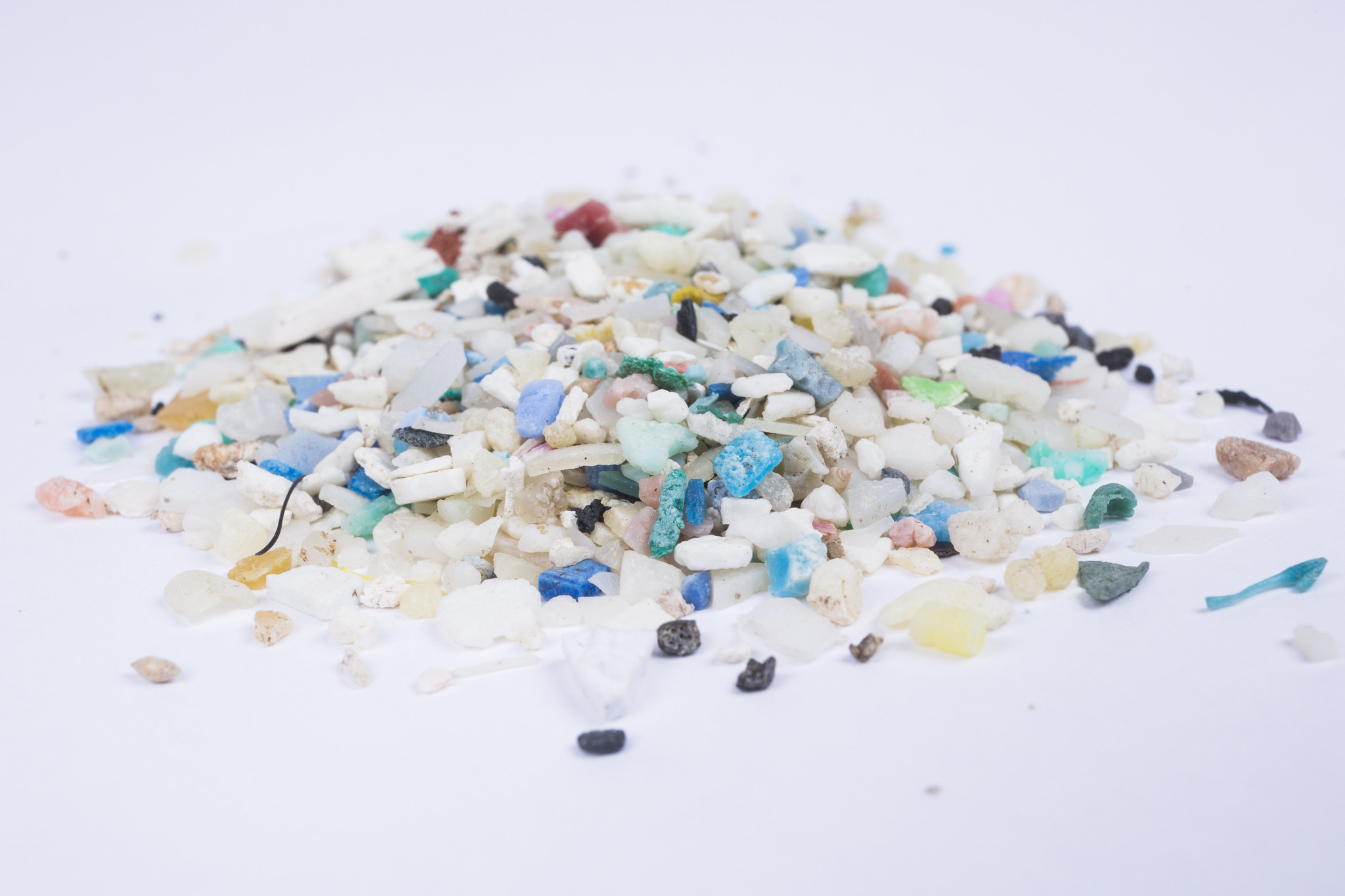MPR: UN study says don’t worry about microplastics in drinking water – much
Microplastics are in our drinking water, our fish, even our beer. How worried should we be? (Photo by Florida Sea Grant, CC BY-NC-ND 2.0)
Minnesota Public Radio recently highlighted a World Health Organization study on microplastics in drinking water.
The conclusion: “…levels of microplastics in drinking water don't appear to be risky, but that research has been spotty and more is needed into their effects on the environment and health.”
Microplastics are everywhere
We already know that microplastics — from bottles, trash, contact lenses and more — are found in nearly all tap water, as well as in beer, honey, sea salt and even remote mountain tops. Microplastics are also increasingly common in fish and shellfish.
FMR’s own 2016 State of the River Report examined microplastic pollutants and found them in water, fish, mussels and sediment in the metro Mississippi River.
However, this most recent WHO study reminds us that microplastic research is still in its early stages, and we don’t yet know the full extent of their impacts on human and environmental health.
Reducing plastic pollution
That said, we know that microplastics can be harmful to aquatic life, and we can all do our part to reduce plastic pollution in our waters. Some ideas include:
1. Reduce / reuse / replace
Avoid single-use plastics like bags, straws, cups, bottles, utensils, take-out containers and more.
- Reduce: The best strategy is to avoid using any plastics you don’t need.
- Reuse: If you do have plastics, try to get the most out of them. Reuse them rather than tossing them and replacing.
- Replace: Find non-plastic, reusable alternatives like reusable grocery bags, produce bags, bottles, utensils, coffee cups, and dry cleaning garment bags.
2. Recycle
It goes without saying, but we’ll say it anyway. When you use single-use (and other) plastics that can be recycled, always recycle them.
3. Participate in a river cleanup
Help remove plastics from rivers and streams! This is one of the most direct and rewarding ways to fight plastic pollution in our waters. Check out FMR's event calendar to learn more about volunteer opportunities including cleanups.
4. Talk to your reps
You can support the adoption of policies in your community, including local and state bans on single-use plastic bags, bottles and take-out containers. Learn more at plasticbaglaws.org.
One easy way to help advocate for clean water policies like these is to become an FMR River Guardian. When the time is right, we'll send you a link so you can quickly act online. We'll also invite you to special events like River Guardian happy hours.
5. Spread the word
Stay informed on issues related to plastic pollution and help make others aware of the problem. Tell your friends and family about how they can be part of the solution, or host a viewing party for one of the many plastic pollution-focused documentaries, like Bag It, Addicted to Plastic, Plasticized, or Garbage Island.
Advice from The Onion
Of course, you could always follow the advice in The Onion regarding plastics in drinking water and…drink around them!
Join us!
Sign up as a River Guardian and we'll email you when there's a chance to act quickly online for the river. Plus you'll be invited to special events like educational happy hours.
